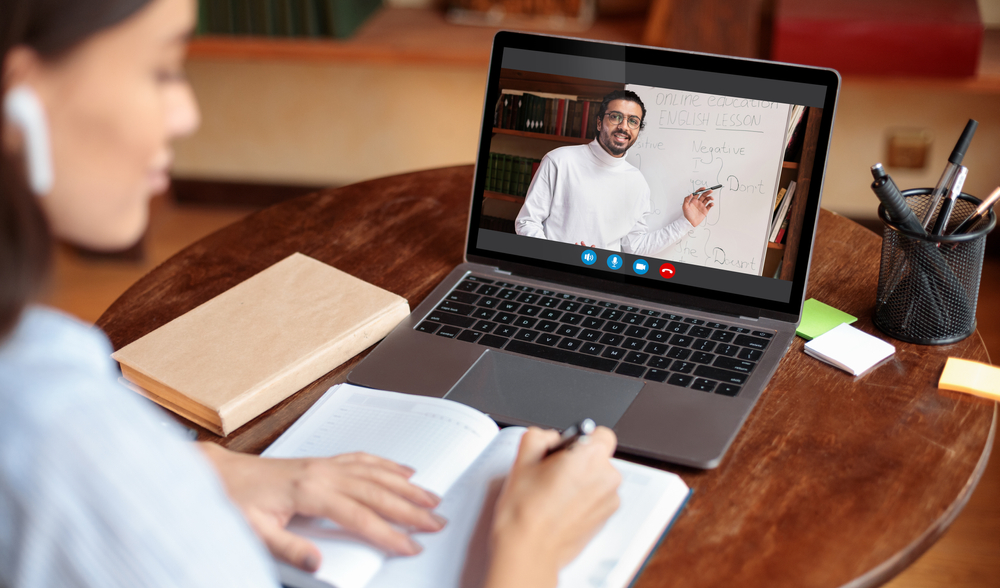The average daily social media usage of internet users worldwide amounted to 145 minutes per day, as of 2019 and 2020, and the average time per week spent on learning varied from 1-1.6 hours. Digital reading, online courses, and videos, are some of the most popular forms of learning. But compare this with the fact that a person can retain only about 10-20% of the data consumed through reading and audio-visual mediums. When we invest so much time and energy in consuming data, how can we better retain and optimize the information gained?
If you are looking to make the most of what you read and learn, here are two hacks to adopt:
- Teach it to someone else. Studies prove that the same knowledge consumed by two groups is better retained and understood by the group that teaches the concept to someone else. Here, teaching does not refer to the conventional activity undertaken in a classroom. Rather, it is the essence of teaching – sharing knowledge, that is important.
If you have learnt something new and want to remember it better, simply having a conversation with someone and sharing what you have learnt is an effective way of boosting retention. This concept can also be applied to build a rapport with another person who shares an interest in learning new things. The two of you can mutually share the knowledge gained on a daily or weekly basis – functioning like knowledge partners. This makes the whole process of exchanging knowledge more enjoyable and structured, while eliminating the struggle to find someone every time you want to share something.
- Did you know “You lose up to 30 percent of your taste buds during a flight?” A simple and fun way to retain this information is to connect it to something you already know about the subject. For instance, airplanes fly at very high altitudes. Connecting these two pieces of data improves the chance of retaining the newly learnt information. What helps further is tagging it to personal anecdotes. For example, you might know a friend who complains about eating flight food. Or you might have felt uneasy after eating a sandwich on an airplane. Connecting these different dots around a concept or a piece of information is called association. Taking out just a minute to apply this method goes a long way in helping you remember what you have learnt.
As Arie de Geus, business strategist and former Corporate Planning Director at Royal Dutch Shell points out, “The ability to learn faster than your competitors may be the only sustainable competitive advantage.” We’d say, it’s the ability to learn faster, retain more, and apply it better.








